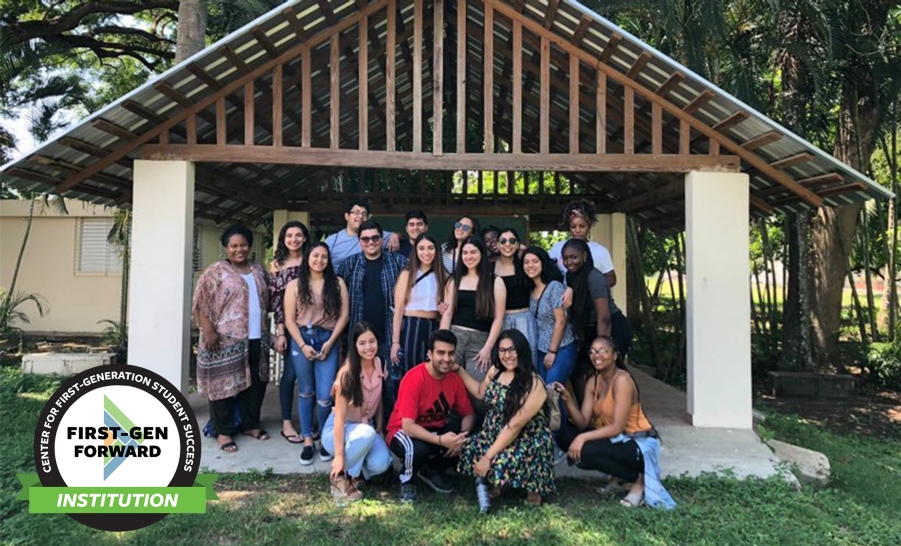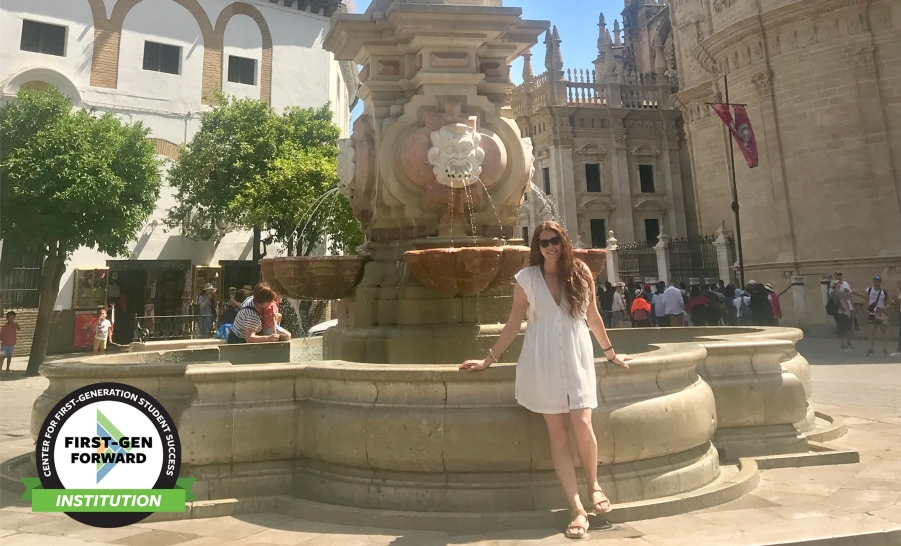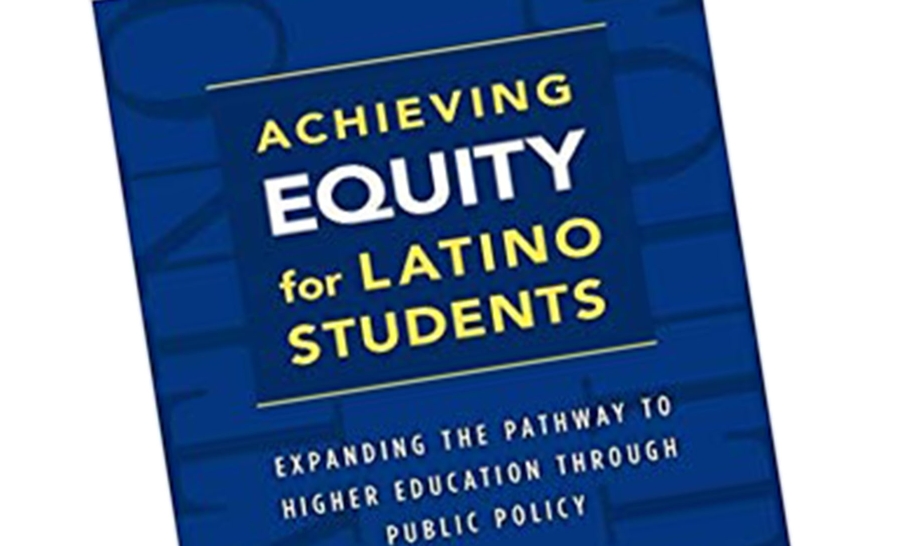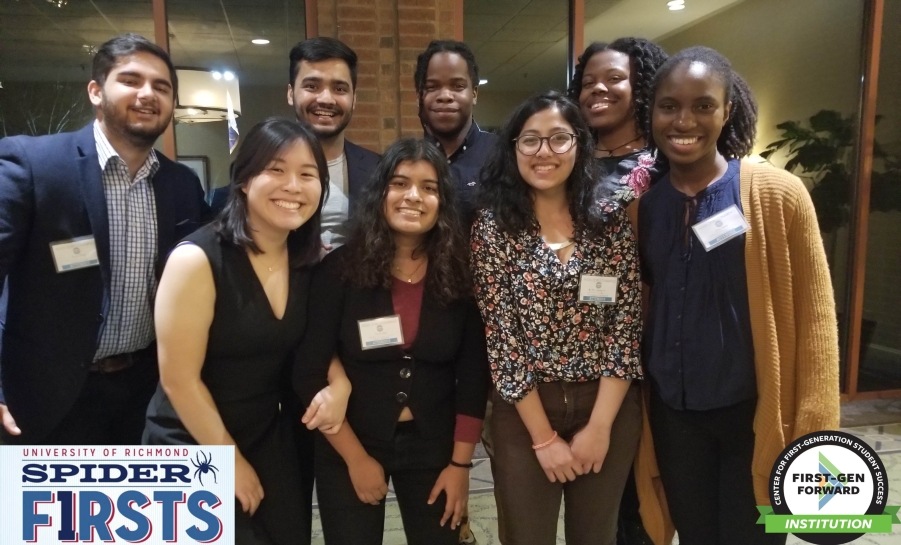Experiential and Global Learning: Considering Domestic Study Away Trips for First-gen Students
Crystal L. Edenfield Ed.D., University of Tennessee at Chattanooga / FirstGen Forward / April 09, 2020
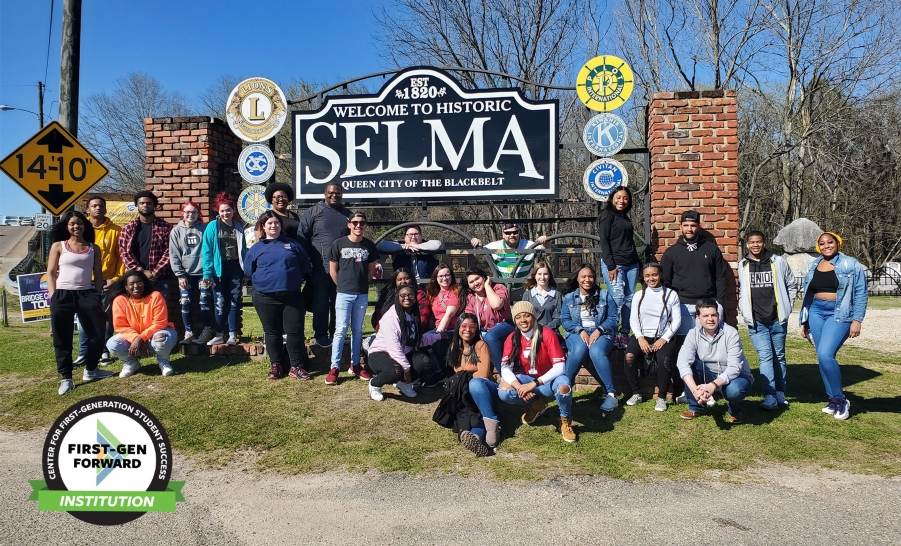
Like many institutions, the University of Tennessee at Chattanooga has placed an emphasis on students exploring cultures, life experiences, and worldviews different from their own. Research shows that first-generation student involvement positively influences critical thinking, degree planning, sense of control over academic success, and preference for higher-order cognitive tasks (Pascarella et al., 2004; Garcia, 2010). UTC recognized a need for expanding programmatic options for both global and experiential learning to impact its strategic priorities, and a group of faculty and staff envisioned a new program as one way to address this need. This cross-divisional group, which included faculty and staff, created a domestic study away trip centered around the important themes of active citizenship and social responsibility.
The spring-semester study away trip, formally referred to as “The Civil Rights Experience,” took student participants on a journey through four major local and regional historical sites in Alabama and Tennessee during the 55th anniversary of Bloody Sunday. Highlights of the trip included a walking tour of MLK Boulevard in Chattanooga, a tour of the 16th Baptist Church in Birmingham, a walk across Edmund Pettus Bridge in Selma, and a visit to the Legacy Museum and National Peace and Justice Memorial in Montgomery. Upon reflecting on the experience, the group agreed that the pilot Study Away trip was successful.
As a black student and first-gen, I personally feel like a byproduct of what those civil rights leaders worked so hard to achieve.
Three Reasons for Institutions to offer Domestic Study Away Trips for First-gen Students
- Accessibility: Domestic study away trips can deeply connect first-gen students to their campus and community. In addition to a lower cost, the shorter duration of a study away trip makes it accessible for students with work or family obligations that might limit their participation in a longer experience. The Civil Rights Experience program was an engaging way to provide learning beyond the classroom while also speaking to principles of civic engagement. Upon reflecting on the recent trip, one student shared: “Being a first-gen student makes the civil rights trip different for me. While on the trip, many of the tour guides spoke of civil rights leaders seeking higher education for black students. As a black student and first-gen, I personally feel like a byproduct of what those civil rights leaders worked so hard to achieve.”
- Affordability: A domestic study away trip also provides an affordable option for students. Trips often carry little or no out-of-pocket costs. UTC provided a no-cost experience for students through combined financial support from campus departments, which funded a meal, a tour of a specific site, or transportation. Many students said they would not have been able to participate if the trip had not been free.

- Activity: The foci of the trip were engaged citizenship and social responsibility. Students were encouraged to reflect upon their backgrounds and current experiences and how they will apply what they were learning throughout the trip in the future. One student reflected upon the parallels between the Civil Rights activists’ and first gen students’ resilience: “I am resilient because I have overcome the stigma of young women my age; I have not given up going to school due to lack of funds; I am working among men who want me to succeed and believe in me; and because I will be the first person in my family to graduate from a four-year university. I am resilient because I am me.”
References
Garcia, V. (2010). First-generation college students: How co-curricular involvement can assist with success. The Vermont Connection, 31, 46-52. Retrieved from https://scholarworks.uvm.edu/tvc/vol31/iss1/6/
Pascarella, E. T., Pierson, C. T., Wolniak, G. C., & Terenzini, P. T. (2004). First-generation college students: Additional evidence on college experiences and outcomes. The Journal of Higher Education, 75(3), 249-284. doi:10.1353/jhe.2004.0016
